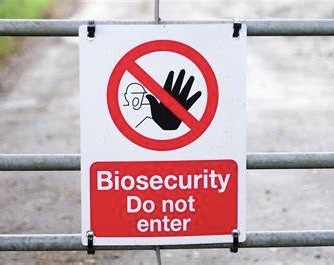African Swine Fever (ASF) continues to devastate swine farms across Asia, threatening livelihoods and pork supply chains. Highly contagious and often fatal, ASF has no vaccine or cure, making robust biosecurity the first and most effective line of defense.
Understanding the Threat
ASF spreads rapidly through direct contact, contaminated feed, equipment, or even human movement. With its resilience in various environments, a lapse in biosecurity can have catastrophic consequences. However, implementing strict measures can significantly reduce the risk.
Essential Biosecurity Practices
- Restrict Farm Access: Limit entry to essential personnel. Use disinfectant footbaths and provide clean protective clothing for anyone entering the farm.
- Control Animal Movement: Prevent contact between farm pigs and wild boars, which are major ASF carriers. Quarantine newly purchased pigs for at least 30 days before introducing them to the herd.
- Sanitize Thoroughly: Regularly clean and disinfect facilities, vehicles, and equipment.
- Monitor Feed Sources: Only use certified, ASF-free feed to avoid contamination.
- Implement Surveillance: Conduct routine health checks and report any signs of illness immediately.
The Takeaway
Strong biosecurity isn’t optional—it’s the backbone of ASF prevention. By maintaining strict protocols, farmers can protect their herds, preserve livelihoods, and contribute to the fight against this devastating disease.

